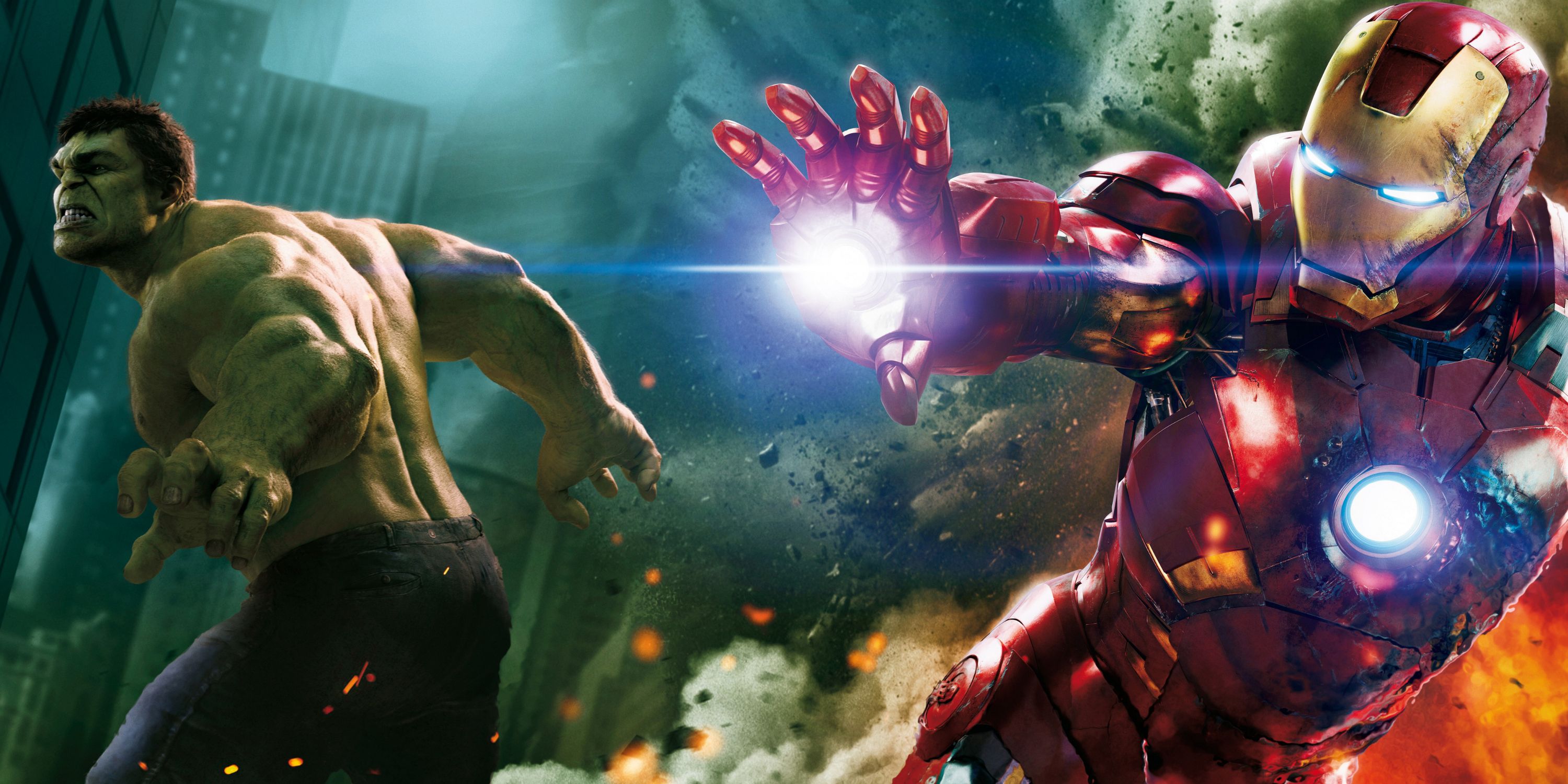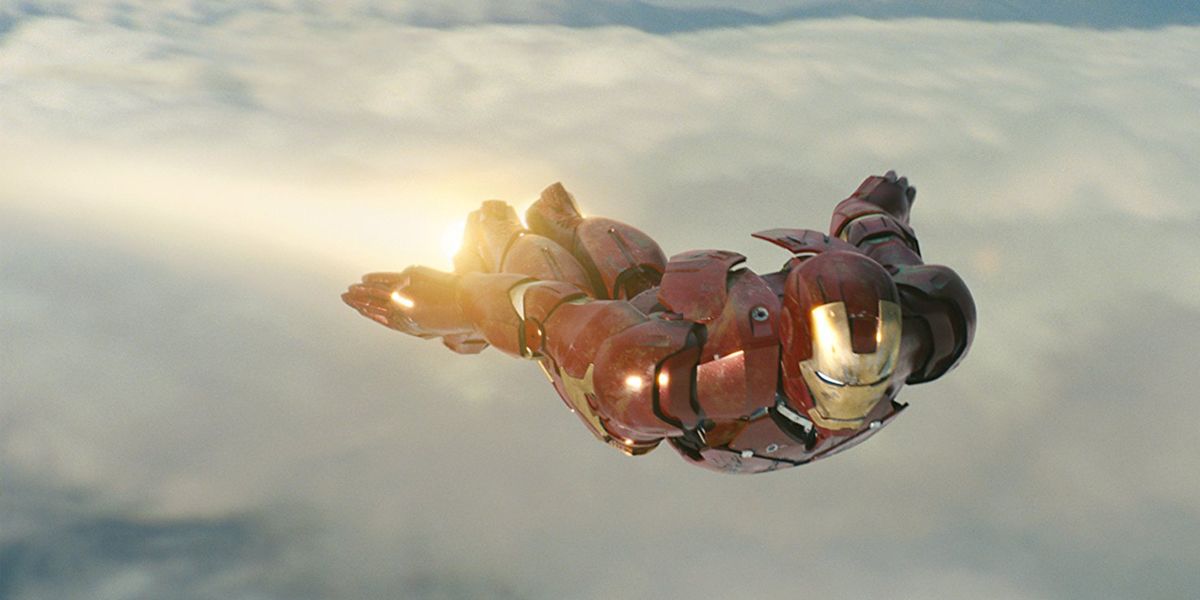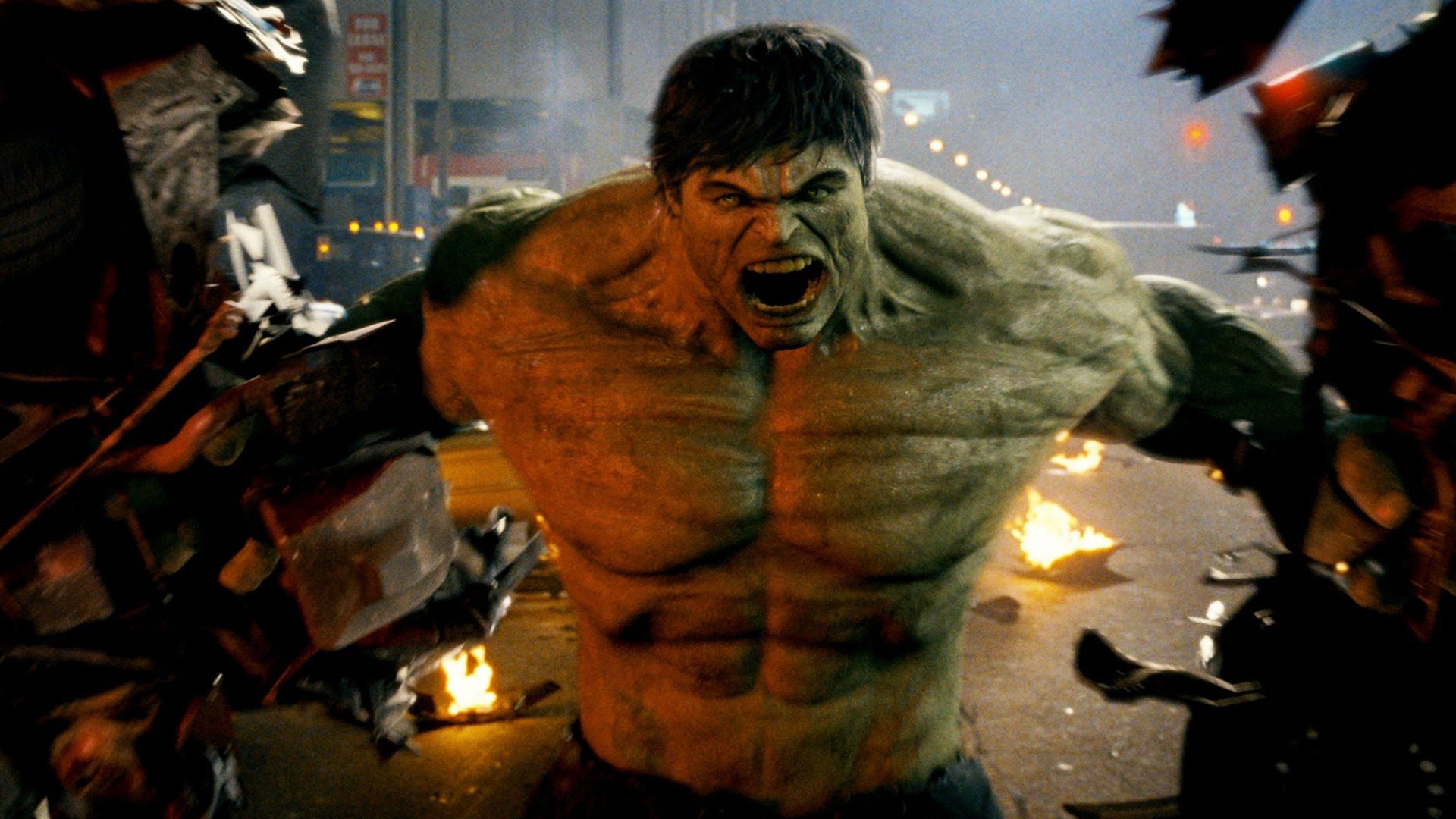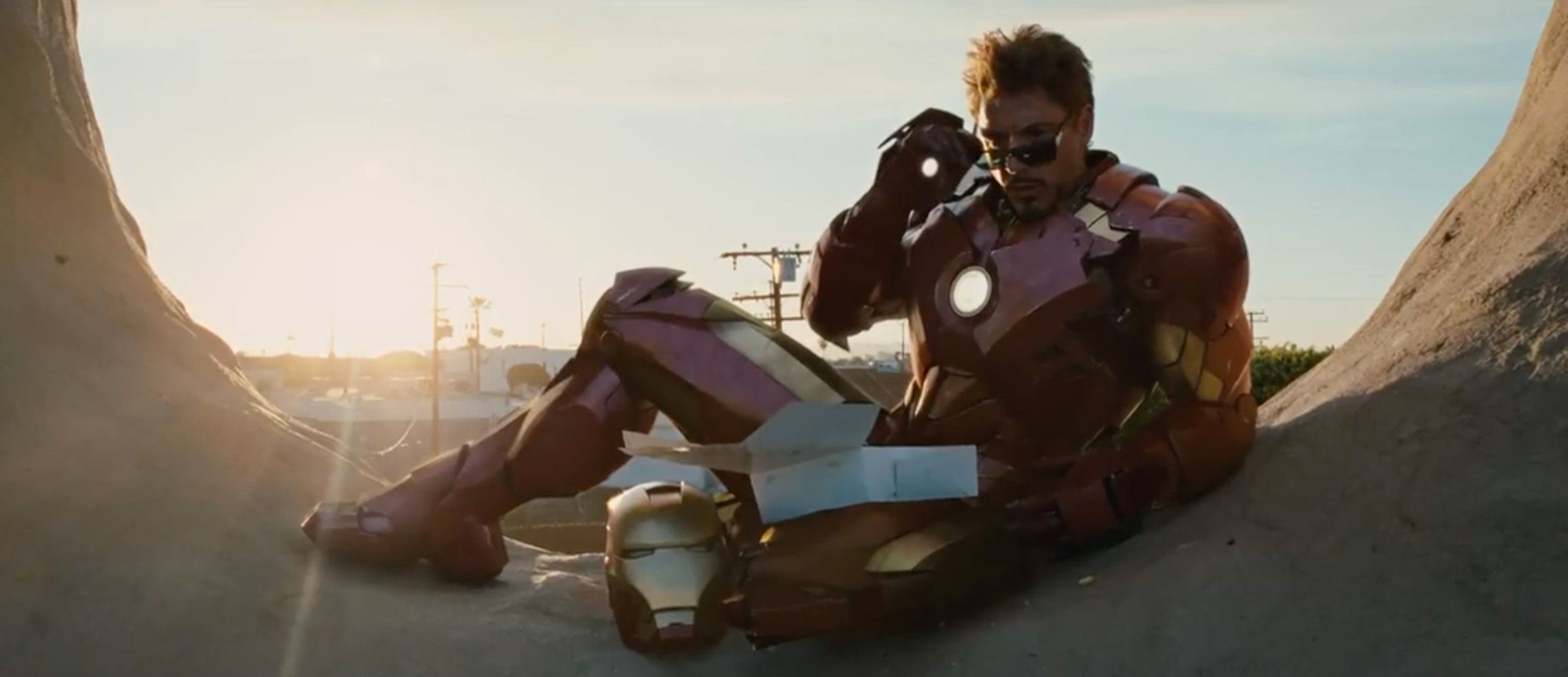EDITOR'S NOTE: This article is part of a series, "Countdown to Endgame," which looks back at the films of the Marvel Cinematic Universe leading up to Avengers: Endgame.
With this month's Avengers: Endgame reportedly serving as the culmination of Marvel Studios' long-running Infinity Saga storyline carried by its first 22 films, it's easy to forget the extensive history of the Marvel Cinematic Universe. The popular franchise sent rival studios scrambling to launch their own shared cinematic universes with mixed results, but the MCU has maintained its multibillion-dollar success and critical acclaim for 11 years now. It all comes from the one-two strategy of Marvel Studios releasing Iron Man and The Incredible Hulk in the summer of 2008.
Something that may have been forgotten in the years following Marvel's acquisition by Disney is that Marvel Studios' Phase One largely consisted of independent productions. After years of licensing out its properties to other studios for television and film, Marvel Entertainment took out a $525 million loan from Merrill Lynch in 2005 to create its own in-house studio with the goal of producing a maximum of 10 films over eight years, with Paramount and Universal attached as distributors. With X-Men and the Fantastic Four licensed to Fox and Spider-Man licensed to Sony, Marvel Studios decided to make its first two features about Iron Man and the Hulk.
Directed by Jon Favreau, 2008's Iron Man cast Robert Downey Jr. while the actor was in a relative career downturn, with Favreau adopting a loose, improvisational style for the film's dialogue to give conversations a more natural, organic feel. Additionally, Downey, Jr. was intent on creating a superhero that didn't become overly sanctimonious and self-serious upon taking up the responsibility, but rather someone who still enjoyed its escapist possibilities.
For comparison's sake, this was at the genre's height of much more somber films. Every single installment of Sam Raimi's Spider-Man trilogy has Tobey Maguire's webslinger in tears at some point, the original X-Men trilogy approached its source material with an attempt at grounded realism straight down to its black leather costumes and Zack Snyder's adaptation of Watchmen was paced and toned like a cinematic funeral.
The reliance on natural chemistry, the relatively faithful interpretation of Iron Man's origin, the battle against former colleague Obadiah Stane and Downey Jr.'s fun approach to the eponymous superhero made Iron Man an instant hit with audiences, and the former second-string superhero was catapulted to the forefront of the pop culture mainstream. Downey Jr. quickly became one of the most sought-after actors in Hollywood, while Disney began exploring the possibilities of buying Marvel Entertainment based on its success.
A little over a month later, Marvel Studios followed up with The Incredible Hulk starring Edward Norton as Bruce Banner. Originally envisioned as a loose continuation of the 2003 Hulk starring Eric Bana, Norton performed rewrites to distance it from the previous film so that it would stand as a complete reboot, with the new origin quickly retold during the opening title sequence so the main story could hit the ground running, befitting its fugitive protagonist. While still considerably more serious than Iron Man, the second MCU film was much less heavy-handed and cerebral than the previous Hulk movie, though its own offbeat sense of humor didn't connect with audiences in the same way Iron Man had.
But while Iron Man brought crowd-pleasing spectacle and banter, The Incredible Hulk was packed with nods and references to the comics, including images taken straight from the source material. And, as the second film in the MCU, the movie began to lay the groundwork for the nascent shared universe with references to S.H.I.E.L.D., Nick Fury, Captain America and an appearance by Tony Stark himself.
In lieu of a post-credits scene (it's the only MCU film without one), Robert Downey Jr. briefly reprised his role as Stark while hinting at the possibility of starting the Avengers. After the scene was included in the film's marketing, it was moved to the end of the main part of the film. While receiving much better critical reviews than the 2003 Hulk, The Incredible Hulk only earned $236.4 million at the worldwide box office, cementing it as the weakest commercial performance in the MCU to date.
As pre-production stalled on Thor and Captain America solo films, with Matthew Vaughan exiting Thor in 2008 and Captain America: The First Avenger delayed by a writers' strike, Marvel Studios fast-tracked a sequel to Iron Man. Favreau and much of the principal cast returned, though Terrance Howard's James Rhodes was recast with Don Cheadle, with reports claiming Howard and Marvel could not reach an agreement on the actor's salary on top of concerns over his performance in the first film.
The sequel also introduced audiences to Black Widow and gave Nick Fury a much larger role after publicized salary negotiations between Samuel L. Jackson and Marvel Studios. Impressed by the buzz for the sequel, the success of its predecessor and the company's vast library of characters, Disney bought Marvel in August 2009, one month after principal photography on Iron Man 2 officially wrapped.
While critics were divided by the film's themes of self-destruction and denial in the face of mounting responsibility, the sequel was the biggest commercial hit in the MCU at the time, outperforming the original film by a significant margin. Given the nature of Tony Stark facing his own impending mortality and need to create a legacy, the character intentionally comes off as less likable than ever, which put off viewers but established the need for redemption in a character that had just been redeemed one film prior.
It was now clear that, despite the minor underperformance of The Incredible Hulk, the MCU was no one-hit wonder. Production on the final films leading up to the promised ensemble would commence before Iron Man 2 was even released, and the sequel's strong box office boosted the momentum for Marvel Studios. This vote of confidence would prove especially invaluable as the studio took its biggest risks ever with its following three films.
Directed by Anthony and Joe Russo, Avengers: Endgame stars Robert Downey Jr., Chris Evans, Mark Ruffalo, Chris Hemsworth, Scarlett Johansson, Jeremy Renner, Don Cheadle, Paul Rudd, Brie Larson, Karen Gillan, Danai Gurira, Benedict Wong, Jon Favreau and Bradley Cooper, with Gwyneth Paltrow and Josh Brolin. The film arrives April 26.




